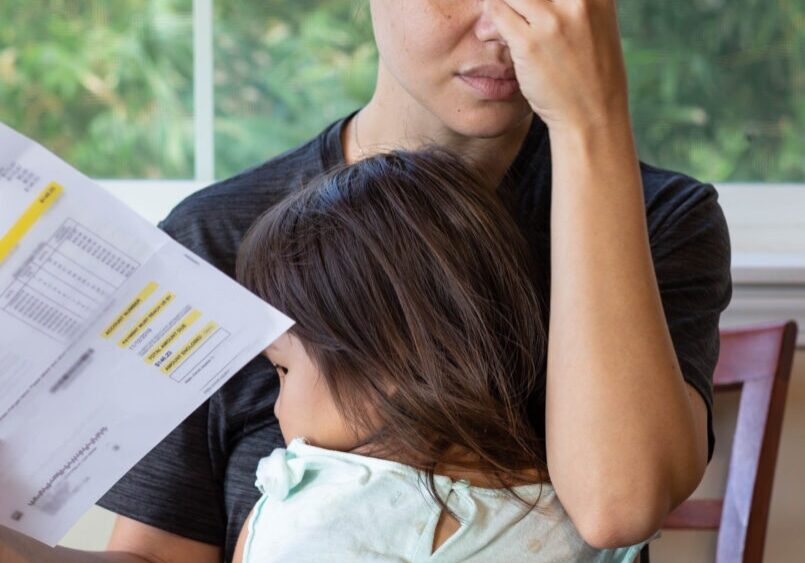Posted by: Tim Mathis
Payday loans deepen poverty for many low-income families in Louisiana by turning a one-time financial relief into a long-lasting financial ordeal. Small loan lenders, or payday lenders, provide loans of $100 to $350 so that families and individuals can pay rent, groceries, or utilities until their next paycheck arrives from work. Unfortunately, exorbitant interest rates, coupled with the ability to take out multiple loans and defer current loans, often trap low-income individuals in a cycle that leads to ever deepening poverty. Sixteen states have made payday lending illegal. Louisiana needs to institute meaningful protections against predatory lenders.
According to the Center for Responsible Lending, there are 2,059 payday lending stores in Louisiana which collect $338.6 million in fees each year. More than three-fourths of the $2.6 billion in payday loans taken out in Louisiana annually are “churned,” or given to individuals who borrow repeatedly over a long period of time. The average borrower from a payday lender in the United States has at least nine loans per year. A study in North Carolina found these payday lenders to be highly concentrated in African-American communities. This likely holds true for Louisiana, where African-Americans experience poverty at a rate three times that of white families.
Since 2004, Louisiana has placed a legal limit on loan amounts and fees charged by payday lenders. In Louisiana, lenders can legally charge up to 36 percent per year for 60 day loans for no greater than $350. But the interest rate is only the tip of the iceberg in terms of cost to the borrower. According to websites run by two national lending firms, annual interest rates, fees, and delinquency charges on a $100 loan in Louisiana will compound over the course of a year, so that rates vary from 521 to 1,409 percent.
There are signs that legislators are beginning to take payday lending seriously. House Bill 341 from the 2006 Regular Session would have prohibited payday lending in Louisiana and provided strict criminal penalties for any violations. Two years ago, the House passed a unanimous resolution to educate Louisiana citizens about the dangers of payday loans. The measure was notable for drawing attention to the fact that payday loans are “prevalent among persons that are economically disadvantaged” and lead to “more economic hardship.” In addition, the resolution promotes public awareness of payday loans beginning in high school and requires lenders to post notices that warn customers of the potential dangers. But simply warning consumers against the dangers of payday loans will not prevent thousands of families who turn to these loans from slipping into poverty. Ending predatory lending in the upcoming legislative session would be the best protection Louisiana can offer to its most vulnerable citizens.
